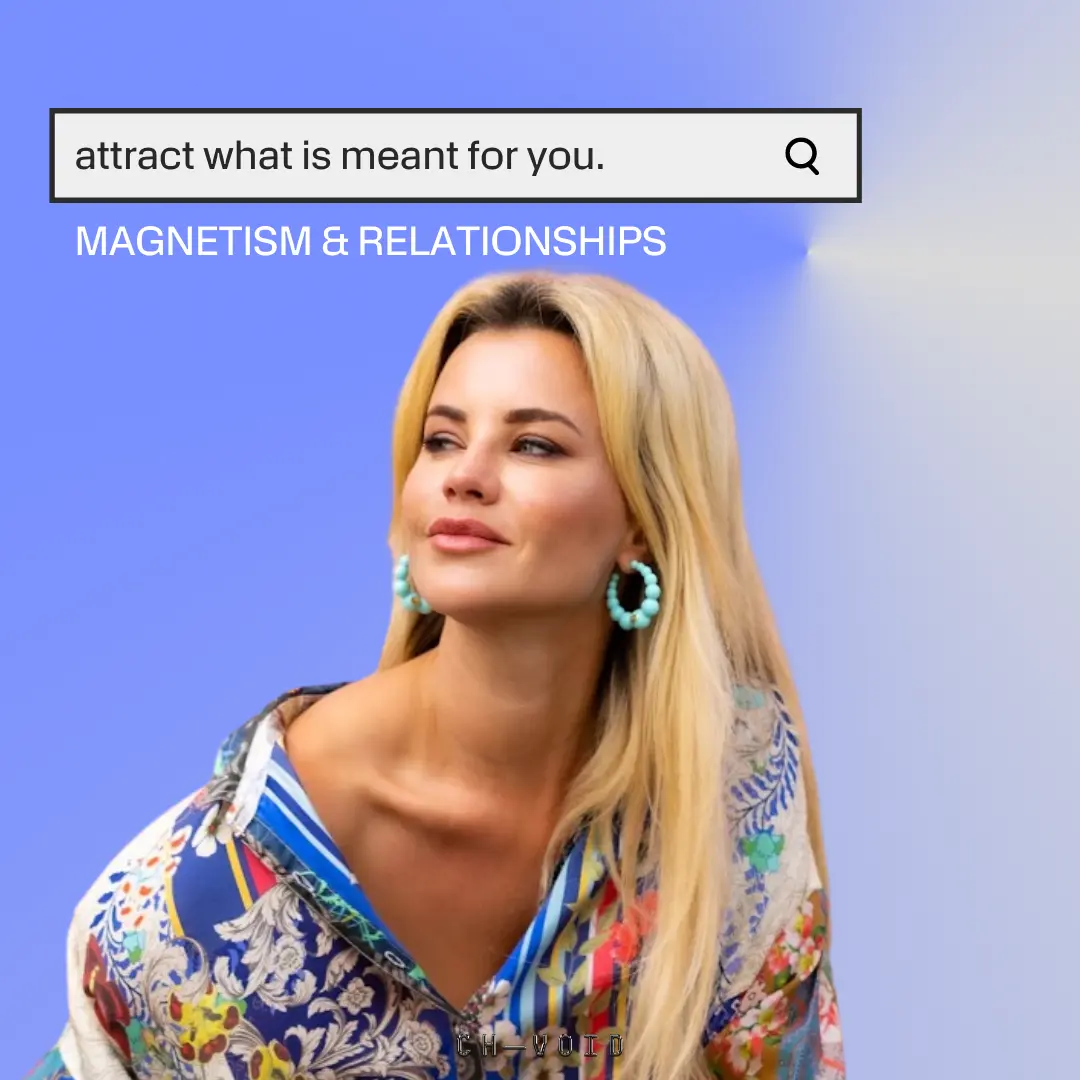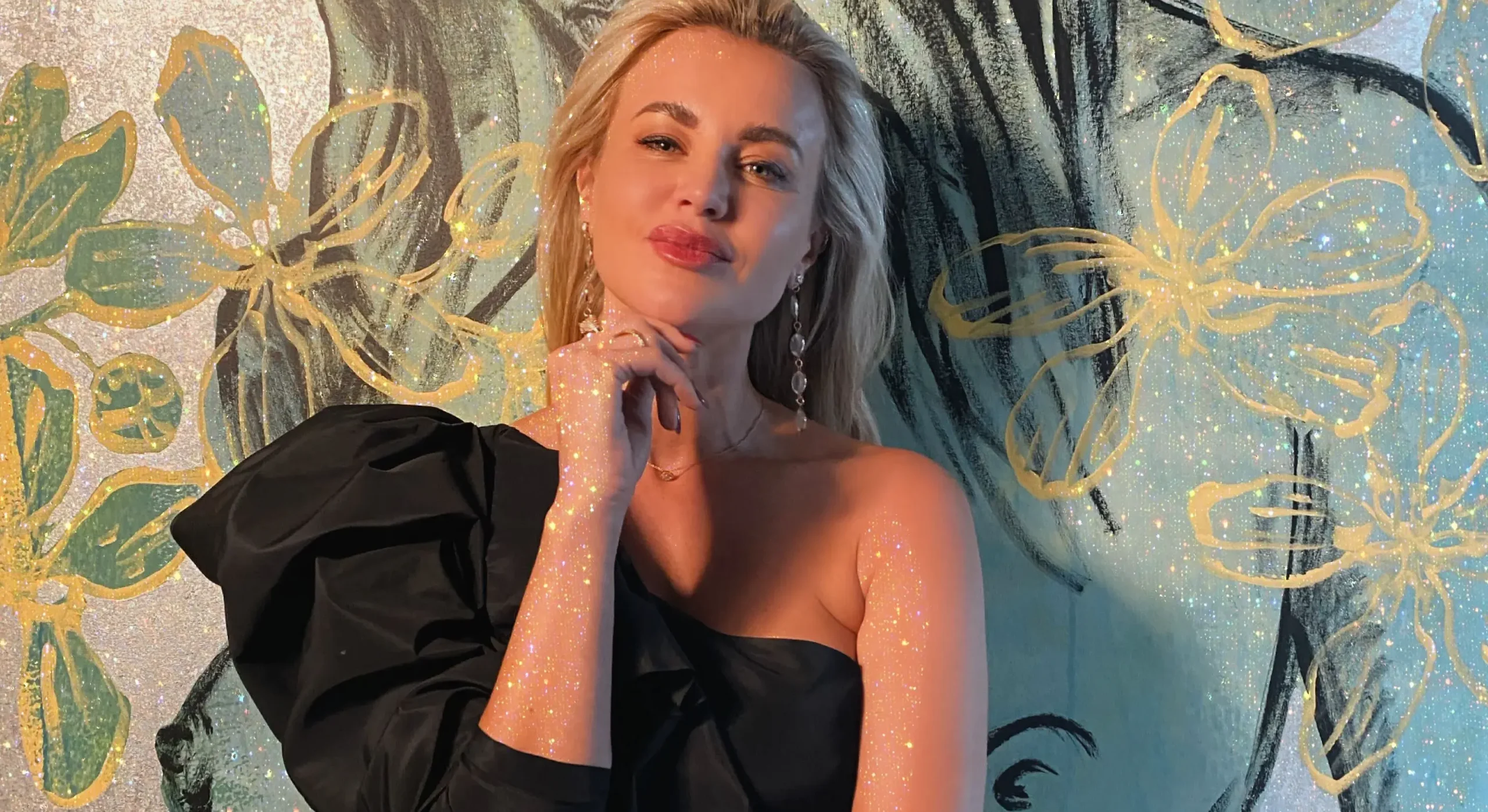Can two people from different economic backgrounds be truly intimate?
A case for isogamy.
In the thick of the pandemic, my neighborhood was mostly left to its own devices in implementing lockdown protocols, which were mostly ignored by residents as they carried on with their affairs, uninterested and unbothered by the pandemic that brought the world to a standstill. On the news from across the Atlantic, nature was healing—but in my neighborhood, it was just another Thursday.
My neighborhood fell within that tiny, undefined and often-ignored space between the lower and middle class, built on the principle of ‘almost.’ We were not quite on either side, but anything could push us over the edge—a stroke of luck here, a sick relative there—and it was likely we would topple over to a side.
Like a lot of young people around the world, I started talking to someone during the pandemic. We’d met a few weeks pre-pandemic at a bookstore where we discussed what, in post-pandemic parlance, would be the yassification of young adult literature. I told him my favorite book was John Green’s The Fault in Our Stars and he promptly bought a copy.
“I’ll text you as soon as I’m done reading,” he said.
He texted a few weeks into lockdown. “I’m losing my mind. What else are you reading to keep sane these days?”
“Nothing in particular,” I texted back, “I can’t concentrate long enough to read anything.”
He video-called me almost immediately, the first of countless others we would come to have as we tried to keep each other sane. It was those calls that would reveal the stark difference in our socio-economic realities—my amusement at the ghost-like quality of his street as seen from the balcony of his 3rd-floor bedroom in his parent’s home; and his own horror at my neighbor’s nonchalance as they went about their daily lives and Mrs. B’s ever-functional store.
“Technically, she’s doing us a favor,” I said about Mrs. B and her store. “She’s catering to a lot of daily needs for food, and isn’t it better to buy from a neighborhood store observing social distancing and using face masks than a crowded market?”
“What would be even better is stocking your pantry, and then you would not have to go out at all,” he suggested.
I was almost certain not a single person in my neighborhood had a pantry, but I did not say so. There were a lot of things I was not saying those days.
“You are dealing with just a pandemic,” I said instead. “Lots of other people are dealing with a pandemic and day-to-day survival.”
He looked at me blankly for a few seconds, shaking his head the way he usually did when he found something confusing. It was not that he was dense, or insensitive. It was simply that he could not comprehend the idea of survival being steps above trying to outlive a pandemic.
As our relationship progressed, it became even more obvious how mismatched we were due to the difference in our socioeconomic class. When we talked about what we would do after the lockdown is lifted, I had vague plans like taking the Bar exams and maybe settling into a job, and he had plans that included traveling halfway across the world.
“Have you been here?” he would ask about places like Morocco, the Bahamas or some other place I have only read a book or seen a movie about, and I would shake my head. I haven’t been anywhere really, I wanted to say. I didn’t even have a passport. Wealth, I would come to learn, is an aggressive privilege that blinds whoever possesses it to the advantages and endless resources they have which others do not.
“It did not work out because he was richer than me,” I would say to my friends about him when he comes up in our conversations, and about the other men whom I began to avoid after a few dates because they are wealthy.
A few months ago I became friends with Adam, a 20-year-old man who was in love with a 25-year-old woman. But more than the age disparity, what separated them was class difference. She lived abroad, and he has never left the city in which he was born.
“Multiply zero by an infinite amount of zeros—that’s our chances of being together,” he would say.
“You could join her abroad,” I told him, but I doubted the words as soon as they left my mouth. People like us did not just move abroad to chase love. Rules of unspoken agreement, those kinds of whimsical decisions were reserved for movie characters, or rich people who were, in fact, real-life movie people.
On the other side of my world, there is my friend, Pete—nineteen and in a brand-new relationship, which he’s incredibly excited about. The only other thing he was excited about was his plans for university abroad.
“What will happen with Hailey?” I asked about his girlfriend. “Are you guys considering long-distance?”
“Oh, she’s considering schools in London, too,” he said without missing a beat.
There is a Venn diagram with all three of us and our love stories, and the point where the sets intersect is money—the absence of it and the presence of it—and how it shapes how these love stories ended, will end or will continue.
Class is such an important aspect of relationships, more so than fiction and romance novels make it seem. It shapes us as individuals, our perceptions and ideologies, the choices that are available to us and the choices we do make in ways that we cannot simply disregard or… outgrow. It is trying to explain to someone who does not understand why buying an antique pen as a Mother’s Day present is not practical. Or that when you speak of a ‘dishwasher’ in your home, you are not referring to a machine, but rather yourself or one of your siblings. When your partner comes from a completely different economic background, it makes you wonder if the level of communication and connection you need from a relationship will ever be possible.
“I have to make conscious efforts to not talk about things that are a part of my life, because she simply is unable to comprehend them,” Adam says of his girlfriend. “One time, we were on the phone and I said I was teaching my brother a few classes at home. And she said, ‘Oh great! Homeschooling is better anyways.’ But the real reason I was teaching him those classes is because we could not afford his tuition. Of course, I didn’t say that.”
Women are said, encouraged even, to make romantic decisions that would facilitate upward social mobility. But, the downsides to class disparity are often underemphasized; and female hypergamy, beyond being a concept as old as marriage itself, is an incredibly romantic trope. There is a poor-girl-meets-rich-boy-and they both fall in love and live happily ever after story for every age (hello, Cinderella and Pretty Woman). But real life has made me certain that I am not inclined to the notion of trading the intimacy of a relationship for social mobility.
Enter isogamy, a union between two individuals of equal status and resources. I fondly refer to this concept as the sister-child of feminism, as they both stand on the same fundamental truth—equality. The world is rife with enough inequalities already, it makes no sense to have it exist in a romantic relationship.
Zainab is a first daughter. Most of her life can be explained by this singular fact.





















